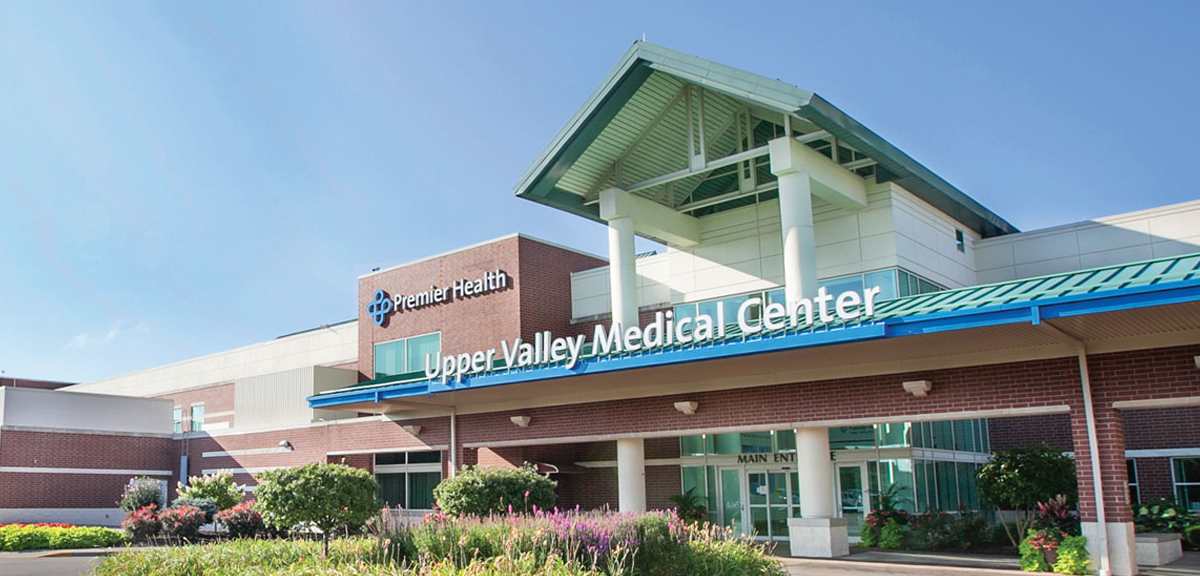
TROY, Ohio (March 2023) – Premier Health’s Upper Valley Medical Center (UVMC) has been named a recipient of the Healthgrades 2023 Patient Safety Excellence Award™.
This is the seventh consecutive year for UVMC to earn this distinction, which places it among the top 10 percent of all short-term acute care hospitals as evaluated by Healthgrades.
“This distinction reflects the UVMC providers’ and staff’s ongoing dedication in providing quality care to our patients,” said Kevin Harlan, president of UVMC. “We believe this underscores the peace of mind that our patients and families can have in knowing that they and their loved ones are in good hands at UVMC and Premier Health.”
The Patient Safety Excellence Award™ recognizes hospitals for preventing serious patient injuries, avoiding preventable complications and mortalities, and eliminating harm throughout the hospital, reported Healthgrades.
“Through our 2023 Patient Safety Excellence Awards, we seek to recognize hospitals that excel in providing top-quality care for their patients while preventing serious injuries during hospital stays,” said Brad Bowman, MD, chief medical officer and head of data science for Healthgrades. “We are proud to name Upper Valley Medical Center as a 2023 Patient Safety Excellence Award recipient and look forward to their continued efforts to make patient safety a top priority.”
During the recent study period, 164,592 potentially preventable patient safety events occurred among Medicare patients in U.S. hospitals. Healthgrades found that four patient safety indicators accounted for 74 percent of all patient safety events: hip fracture due to an in-hospital fall, collapsed lung resulting from a procedure/surgery, pressure or bed sores acquired in the hospital, and catheter-related bloodstream infections acquired in-hospital.
Healthgrades’ analysis also revealed that patients treated in hospitals receiving the Healthgrades 2023 Patient Safety Excellence Award™ were, on average:
- 61.4 percent less likely to experience an in-hospital fall resulting in hip fracture than patients treated at non-recipient hospitals,
- 52.7 percent less likely to experience a collapsed lung resulting from a procedure or surgery in or around the chest than patients treated at non-recipient hospitals,
- 66.1 percent less likely to experience pressure sores or bed sores acquired in the hospital than patients treated at non-recipient hospitals, and
- 67.3 percent less likely to experience catheter-related bloodstream infections acquired in the hospital than patients treated at nonrecipient hospitals.
Healthgrades provides information about physicians, hospitals, and health care providers throughout the United States and has amassed information on more than 3 million U.S. health care providers. For more information on how Healthgrades measures hospital quality and to access the complete methodology, visit healthgrades.com.

